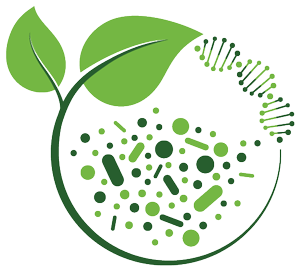Cell, Tissue, and Rhizosphere Structure
The following are imaging and characterization techniques that can be used to study cell and tissue structure.
Cryo-Electron Microscopy and Tomography
Electrons enable sample imaging from nucleic acids to large biological assemblies frozen in their native states, at nanometer to atomic scales.
Resources offering this technique
Additional enabling capabilities
Hard X-Ray Tomography
A non-invasive full-field imaging technique used to measure the insides of opaque objects.
Resources offering this technique
Neutron Imaging
Uses hydrogen/deuterium contrast and nondestructive, high-penetrating neutrons to study a wide range of hierarchical and complex biological materials, including plant and fungal interactions, soil pore structure, and fluid transport.
Resources offering this technique
Soft X-Ray Tomography
A non-invasive, three-dimensional imaging technique that can measure volumes, surfaces, interfaces, membranes, and organelle connectivity within intact cells.
Resources offering this technique
X-Ray Ptychography
Provides high-resolution imaging beyond X-ray lens limits.
